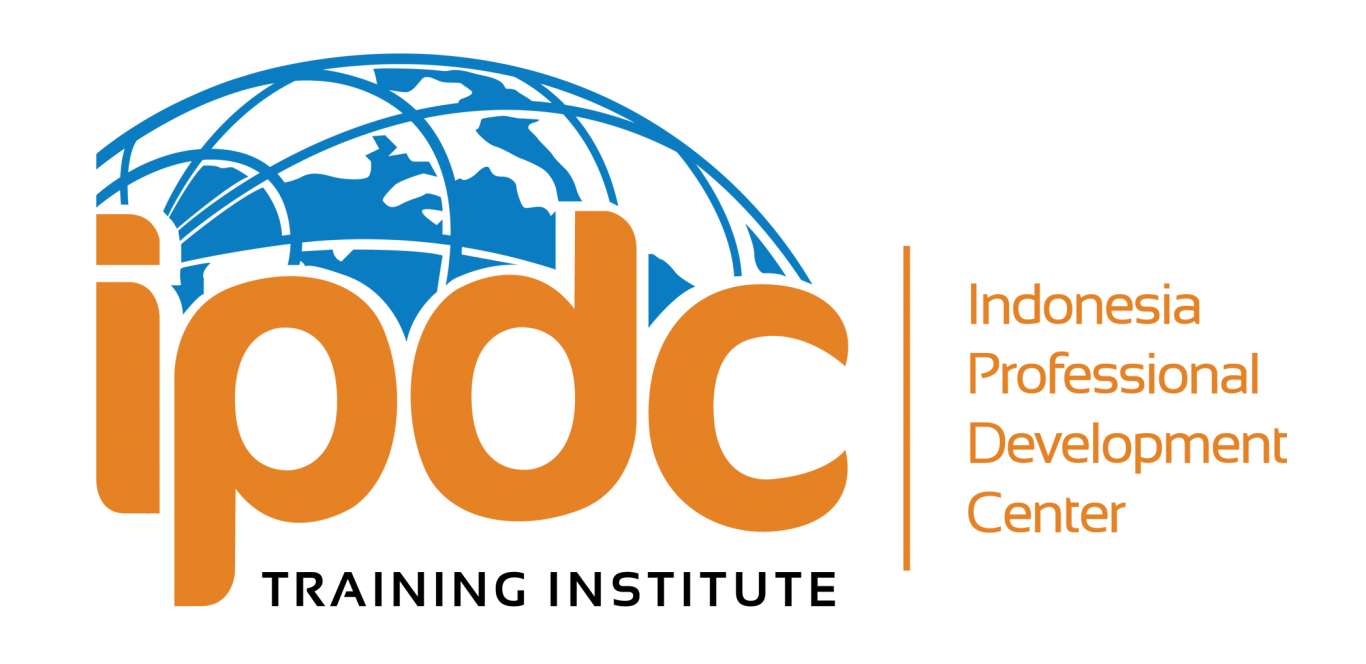Marketing Mastery: Tools and Trends for 2025
- ardhy samjaya
- May 31
- 4 min read
The marketing world is changing rapidly, marketing mastery, presenting exciting opportunities and significant challenges. As we approach 2025, marketers, business owners, and digital professionals must adapt to shifting consumer behaviors and new technologies. This post will dive into the essential tools and trends that are reshaping marketing strategies, equipping you for success in the future.
marketing mastery, Understanding the Shift in Marketing Trends
The shift from traditional to digital marketing has significantly changed how brands connect with consumers. By 2025, integration of artificial intelligence (AI) and machine learning is expected to deepen, enabling businesses to extract detailed insights about customers. For instance, a study by Gartner shows that 75% of organizations will use AI technology to improve customer engagement strategies.
Customers are increasingly seeking personalized interactions tailored to their specific needs. Therefore, effective marketing strategies will emphasize engagement, authenticity, and transparency. For example, companies like Amazon and Netflix exemplify this trend by using advanced algorithms to recommend products and content based on individual user behaviors.
The Rise of AI-Powered Tools
AI is reshaping how marketers analyze data, create engaging content, and communicate with customers. Tools such as chatbots, social media analysis, and data-driven content creation streamline marketing processes. According to a report from McKinsey, businesses that employ AI can expect to see productivity increases of 20% or more.
For instance, platforms like HubSpot now incorporate AI features that automate tasks such as lead scoring and personalized email campaigns. Familiarizing yourself with these innovative tools can help maximize your marketing efficiency and effectiveness as we move toward 2025.
The Importance of Customer Insights
Gaining an in-depth understanding of your audience has always been vital. However, in today's digital age, it has become even more crucial to leverage data analytics and obtain direct customer feedback. Successful businesses use these insights to fine-tune their marketing approaches, enhancing customer experiences.
Consider companies like Spotify, which uses data analytics to craft personalized playlists and recommendations based on listening habits. Marketers can emulate this approach by implementing targeted messaging, special offers, and tailored product suggestions to anticipate and meet customer needs.
Embracing Omnichannel Marketing Strategies
With consumers engaging with brands on multiple platforms—from social media to mobile apps—it’s essential to deliver a seamless omnichannel experience. By creating a consistent journey across different touchpoints, businesses can elevate customer satisfaction and loyalty.
To successfully implement an omnichannel strategy, brands must ensure coherent messaging and an integrated marketing approach. For example, Starbucks uses a unified app experience alongside physical stores to provide a seamless brand interaction. This strategy not only strengthens customer relationships but also reflects a deep understanding of evolving consumer behaviors.
Sustainability and Ethical Marketing
Modern consumers are increasingly focused on sustainability and ethical practices. By 2025, brands that actively prioritize responsible marketing and demonstrate environmental commitment will resonate strongly with their audience. A study from Nielsen indicates that 66% of consumers are willing to pay more for sustainable brands.
Transparency regarding sourcing, production, and labor practices can significantly influence trust and loyalty. Companies like Patagonia have effectively highlighted their commitment to environmental initiatives, which resonates with their customer base and fosters brand loyalty. Prioritizing these ethical practices in your marketing strategy is not only responsible but also aligns with consumer expectations.
Interactive and Immersive Experiences
The demand for engaging and immersive online experiences continues to grow. Consumers seek more than simple content; they desire active participation in brand experiences. Technologies like virtual reality (VR) and augmented reality (AR) are becoming crucial in creating captivating marketing campaigns.
For instance, furniture retailer IKEA uses AR in its app, allowing customers to visualize how furniture will look in their homes. Marketers who effectively incorporate interactive experiences can enhance customer engagement, transforming passive views into active participation.
The Role of Data Privacy
As marketing practices evolve, so do rules surrounding data privacy. By 2025, regulations and consumer expectations regarding data usage are expected to become even more stringent. Marketers must therefore prioritize transparent data collection practices that adhere to legal frameworks like the General Data Protection Regulation (GDPR).
Building trust with your audience relies heavily on respecting their privacy. By being upfront about how you collect and utilize data, you not only comply with regulations but also foster loyalty among discerning consumers. According to a study by TrustArc, 79% of people say they wouldn’t engage with a company that they didn’t trust to protect their data.
Agility in Marketing Strategies
In an ever-evolving marketing landscape, agility is essential. Market conditions can change rapidly, necessitating swift adaptation in strategies. Traditional marketing plans that extend over several months or years are becoming outdated.
Marketers should focus on iterative strategies and leverage real-time feedback to quickly respond to market shifts. For example, when a brand releases limited-edition products, monitoring customer responses in real time allows for immediate adjustments in marketing strategies, maintaining relevance and effectiveness.
Preparing for the Future of Marketing
As we approach 2025, mastering marketing requires an understanding of emerging tools, trends, and consumer dynamics. Embracing AI technologies, prioritizing customer insights, and implementing omnichannel strategies will be pivotal to ensuring your marketing remains relevant.
Thriving in the fast-paced world of digital marketing involves ethical practices, adaptability, and continual audience engagement. By focusing on innovative strategies that align with consumer expectations and technological advancements, you can position yourself as a leader in the marketing domain.
Stay engaged and informed, remembering that the journey to mastering future marketing strategies starts today. Equip yourself with the right tools and insights to excel in the dynamic marketing landscape.





